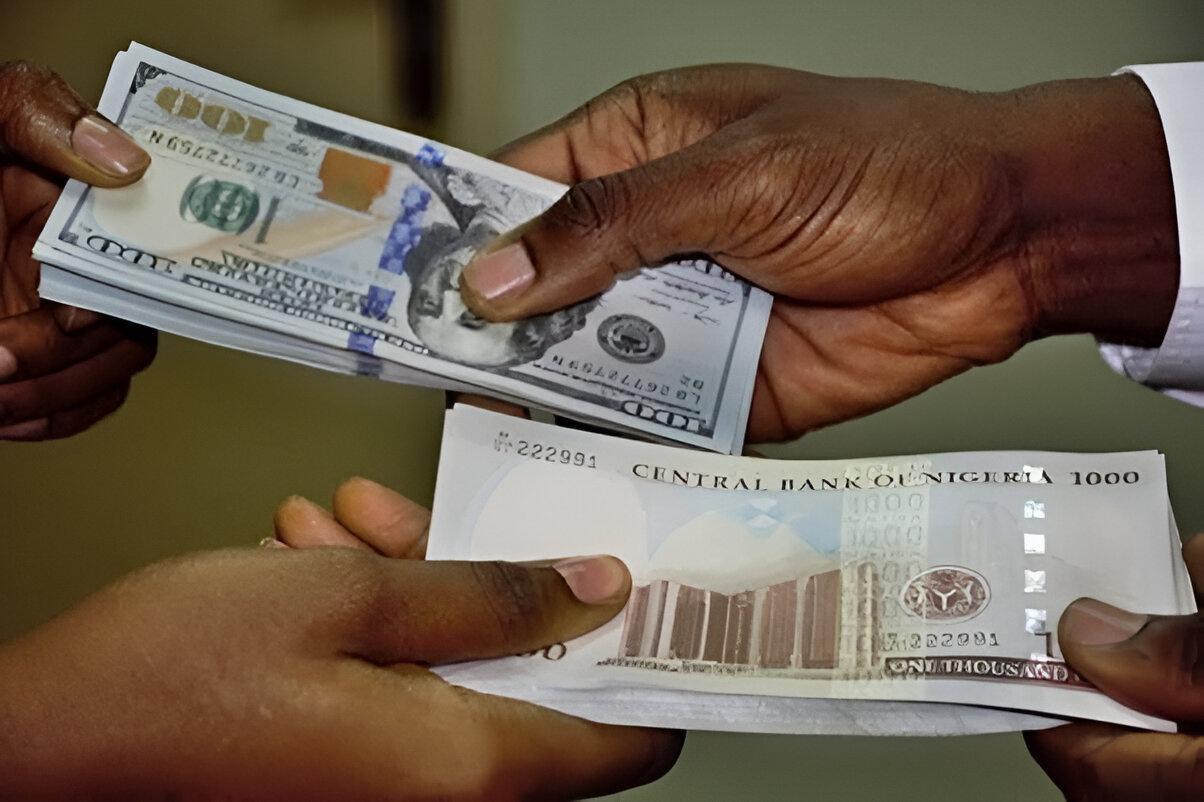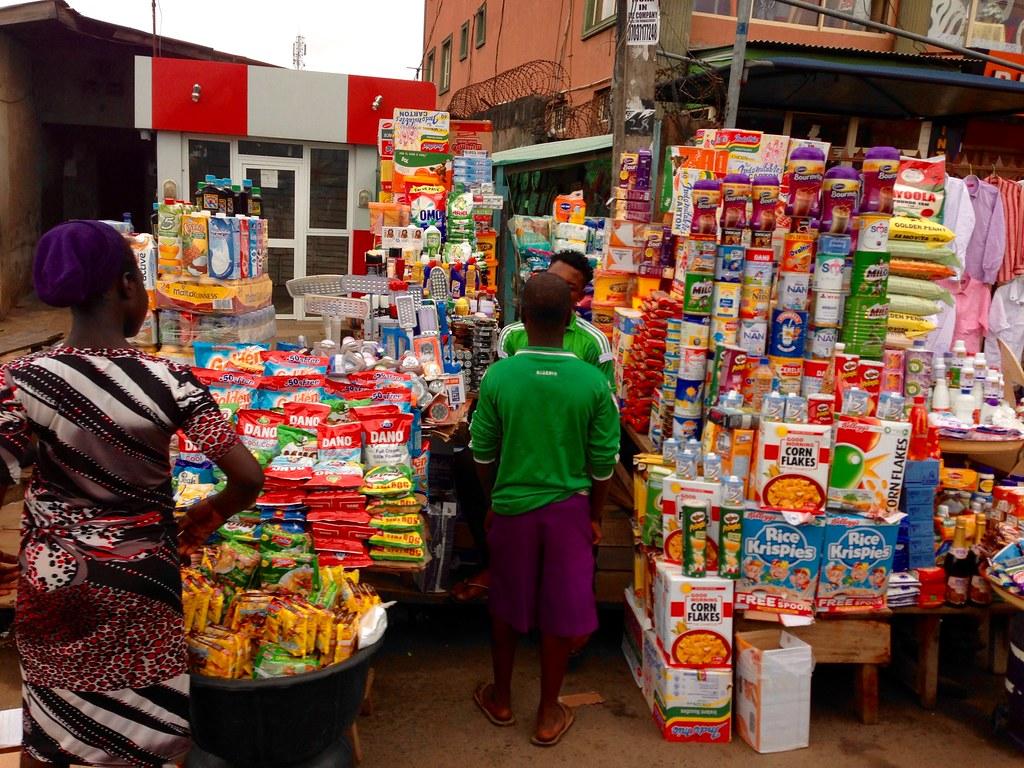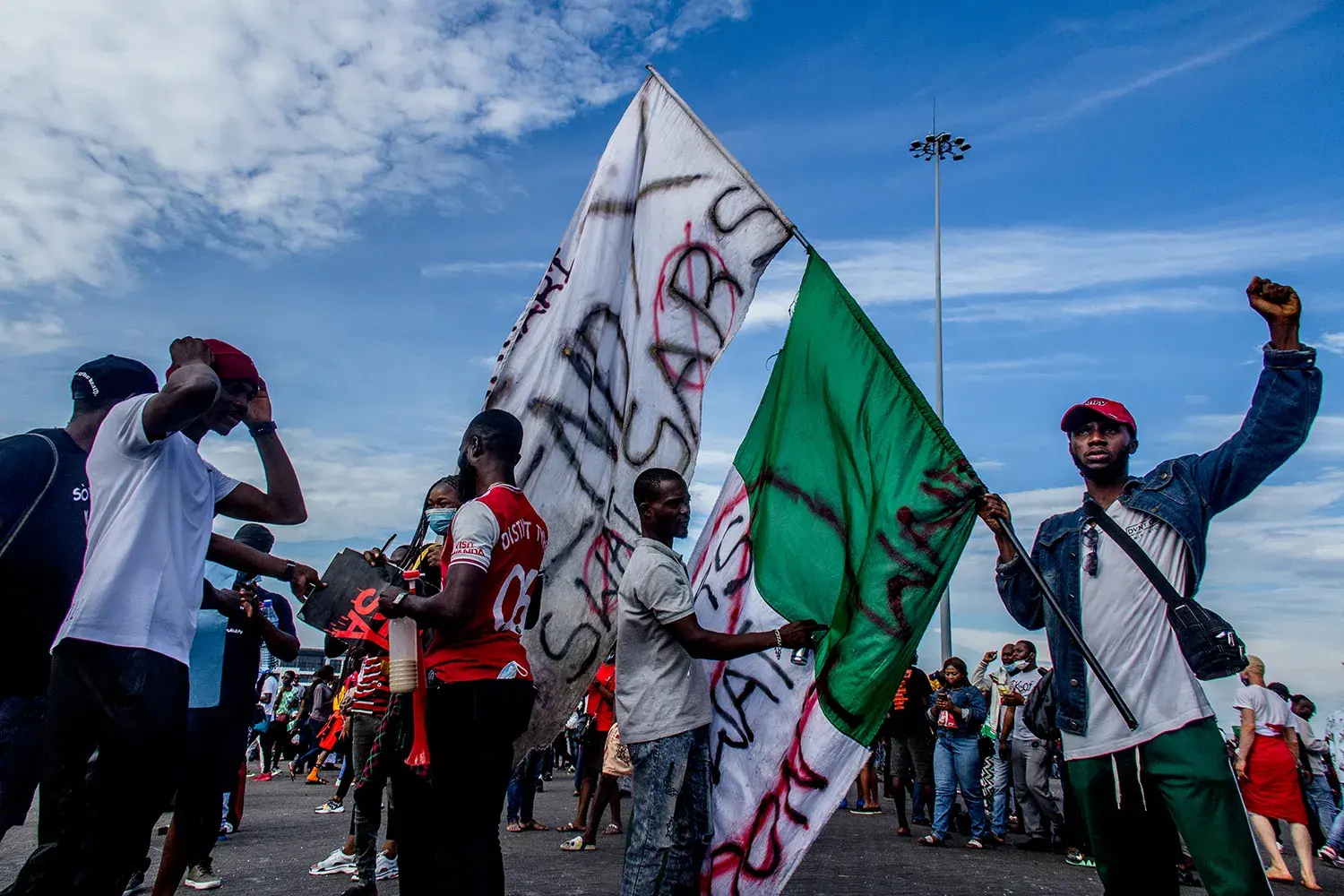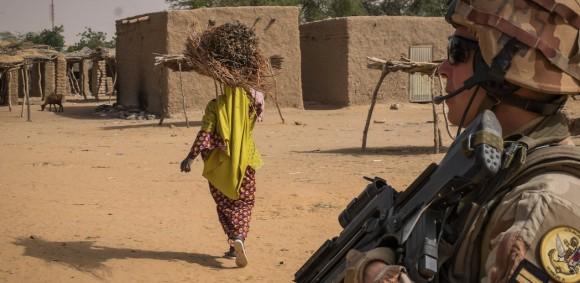🇳🇬 A Nation on the Edge
From Lagos to Kano, from Port Harcourt to Jos, one reality unites millions of Nigerians: life has become unbearably hard. The price of rice has tripled, transportation costs have soared, and the once-stable naira now trades for over ₦1,800 to a dollar in the parallel market.
For many, survival has become a daily struggle—and patience is wearing thin.
“We are no longer living, we are only existing,” says Amina, a food vendor in Abuja. “Every day, I wake up asking if I can afford to buy what I sell.”
💸 The Dollar War and Nigeria’s Fading Middle Class

The naira’s continuous fall has become a symbol of Nigeria’s economic fragility. With heavy dependence on imports and limited industrial capacity, the country spends more dollars than it earns. As global oil prices fluctuate and foreign reserves deplete, the ripple effect hits every home and every pocket. Small businesses are shutting down. Importers are downsizing. Families are cutting meals from three to one a day.
The Central Bank’s repeated interventions—interest rate adjustments, forex reforms, and currency unifications — have done little to restore confidence. Many economists now warn that Nigeria’s middle class is vanishing, leaving only the very rich and the very poor.
🛒 The Food Crisis No One Can Ignore

In local markets, traders now joke bitterly that “money has lost respect. ” A bag of rice now costs nearly ₦90,000, garri prices have doubled, and onions—once a cheap staple—have become luxury items.
Climate change, insecurity in farming regions, and rising fuel costs have all worsened food production and transportation.
Farmers in Benue and Zamfara say they can no longer afford fertilizer or diesel for irrigation, forcing many to abandon their lands.
Nigeria, once a regional food powerhouse, now imports billions in grains, oil, and poultry—a bitter irony for a country blessed with fertile land and youthful manpower.
👩🏾🎓 A Frustrated Generation Speaks Out

Perhaps the most powerful force shaping Nigeria’s future right now isn’t political—it’s generational. Over 60% of Nigerians are under 30, yet youth unemployment and underemployment remain alarmingly high.
The #EndSARS movement of 2020 was a warning. It showed a generation that refuses to stay silent. Five years later, the energy has shifted—not just into protests, but into entrepreneurship, activism, and online organizing.
From tech startups in Lagos to fashion houses in Kano, young Nigerians are creating jobs where the government has failed.But the question remains: how long will resilience substitute for reform?
“We are not lazy,” says Daniel, a 25-year-old graduate in Enugu. “We are just tired of leaders who don’t care.”
⚖️ Politics Meets Pressure
As the cost-of-living crisis deepens, political leaders face a restless public. Rising inflation, fuel price hikes, and an unstable exchange rate are already fueling discontent that could shape the next election.
Analysts warn that the youth vote, once dismissed as “social media noise,” could soon become the most decisive force in Nigerian politics.
The government’s ability to manage the economy, rebuild trust, and provide real opportunities will determine whether Nigeria’s young majority becomes a catalyst for growth—or a trigger for unrest.
🌍 A Global Problem, A Local Pain
Nigeria’s woes are not isolated. Global inflation, conflicts affecting oil supply, and climate disruptions have worsened local conditions. Yet what sets Nigeria apart is how deeply governance failures amplify these global shocks.
Other oil-producing countries have stabilized their currencies and diversified their economies. Nigeria, however, continues to rely on fuel imports despite decades of refinery promises.
✊🏾 The Road Ahead
Nigeria stands at a critical crossroads—one that will define its future for decades. Will leaders choose transparency, accountability, and economic reform? Or will the cycle of corruption and short-term fixes continue until frustration turns into chaos?
For now, one thing is certain: Nigerians are resilient, but resilience has its limits.From the markets of Mile 12 to the universities of Nsukka, from Lagos’ tech hubs to the farms of Kaduna, a quiet revolution is brewing—not of violence, but of voices demanding change.
Leave a comment
Your email address will not be published. Required fields are marked *




